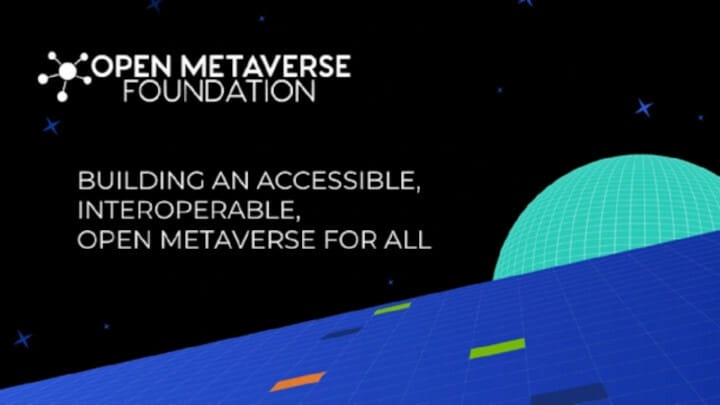While I don't have the contempt for the metaverse that I do for cryptocurrency, I don't have much faith in it either. I mean, what the heck is the metaverse anyway? Is it virtual reality (VR) with Meta Quest headsets? Second Life given new life? Augmented reality (AR)? Games, ala Fortnite or Worlds of Warcraft? Games with non-fungible tokens (NFTs), such as Walking Dead Empires?
Who knows? It's a mess of old ideas--I'd declared AR was old hat back in 2009--dressed up with new language. But, combined, there may be something novel and worthwhile here. But, neither Meta nor any other company will pull that off. You know who might, though? The newly minted Open Metaverse Foundation (OMF), that's who.
Why do I think an open-source approach might succeed when Meta Reality Labs alone has spent billions on the metaverse? Indeed, Meta's already lost over $10 billion in 2022 alone. Looking ahead, Meta CFO, Dave Wehner, said, he expected, "that Reality Labs operating losses in 2023 will grow significantly year-over-year."
Ouch!
I believe the open-source way can win out for the same reason it has in so many other fields. By enabling people to work together via the Linux Foundation-sponsored Open Metaverse Foundation, they can create an open metaverse that will enable everyone to play and profit from it. By enabling everyone to work with open hardware, open code, and open standards, the market pie will be larger for everyone.
Does this sound familiar? It should. It's how Linux took over all of computing except for personal PCs and how Android has held its own against Apple on mobile phones.
No, the OMF doesn't have big players yet as members. But, if it catches fire, it will.
In the meantime, after Meta's last quarter, its stock dove 24% the next day. Nevertheless, Mark Zuckerberg, Facebook God King and CEO, insisted that it was worth all those billions because Meta "can be more innovative when it builds both the software and hardware that underpins a computing platform." He concluded, “A lot of this is just you can build new and innovative things by when you control more of the stack yourself."
Nope. That's so wrong. That's exactly why Meta will fail. This isn't 1976, and Zuckerberg is not Steve Jobs. The last few decades have proved that open source is the way to technical innovation.
Besides, leaving open source momentum aside, who will invest in a Meta stack? Or, for that matter, any proprietary stack? Apple gets away with it because it's been a luxury brand for over a generation now. And, Apple, except for hints of a 2023 mixed-reality headset, seems uninterested in the metaverse. Facebook/Meta? Google? Microsoft? Sorry, I can't see it.
True, as Royal O'Brien, OMF's executive director, said in a statement, "We're still in the early days of the vision for an open Metaverse, and we recognize that many open-source communities and foundations are working on vital pieces of this iterative puzzle."
It's not like OMF's facing an established market. Bits and pieces of the metaverse have been around for decades, but the glue putting it all together has long been lacking. And, that's a role where an open-source approach can serve well.
Today, the OMF is made up of eight Foundational Interest Groups (FIGs).
Users
Transactions
Digital Assets
Simulations and Virtual Worlds
Artificial Intelligence
Networking
Security and Privacy
Legal and Policy
These are very broad. But, then, so's the metaverse. After all, as Taylor Dolezal, Cloud Native Computing Foundation (CNCF) Head of Ecosystem, observed, "The metaverse brings exciting possibilities in revolutionizing the way we interact and engage, but with it comes immense technical challenges." You can say that again.
The OMF's mission is to foster a strong community of developers, engineers, academics, and thought leaders who will solve the difficult challenges of building the open Metaverse through open-source software and open specifications.
I wish them luck. If there is to be a successful metaverse, an open one will be the best for everyone involved. I'll be watching with great interest to see what comes of this initiative.
Other noteworthy Linux and open-source stories:


